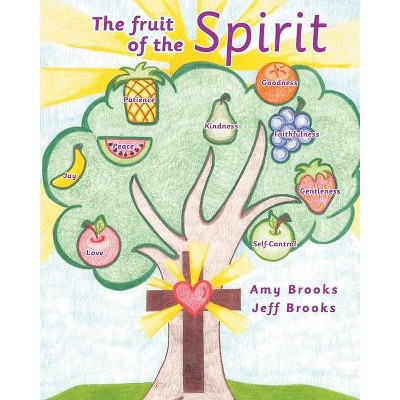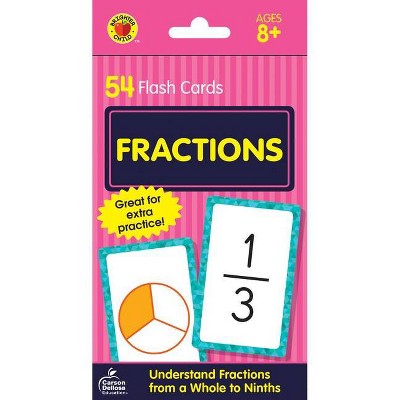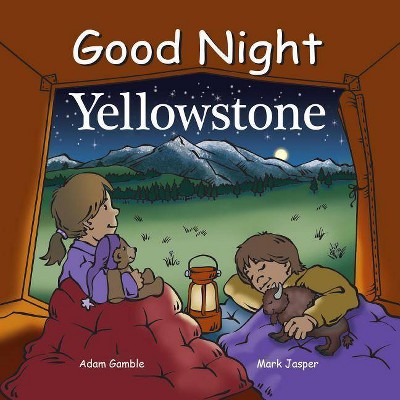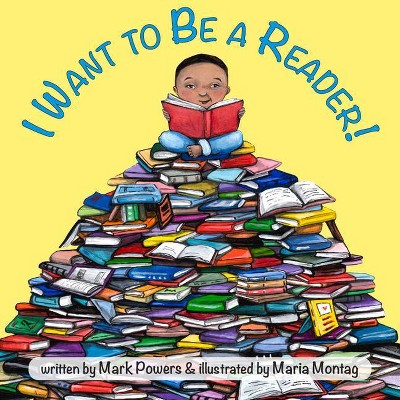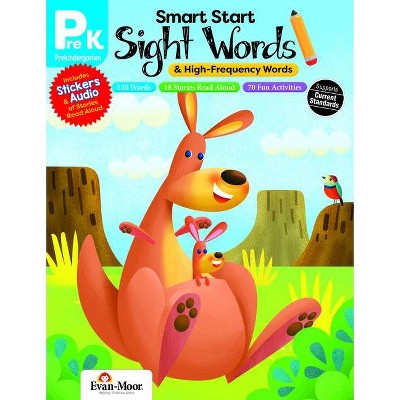The Bunker Diary - by Kevin Brooks (Paperback)
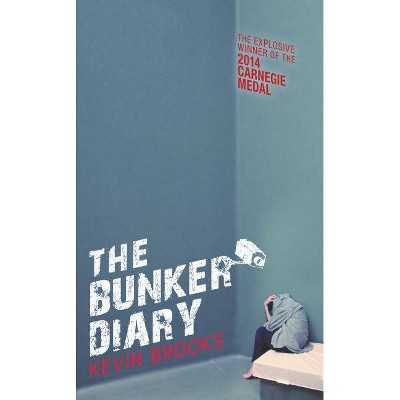
Similar Products
Products of same category from the store
AllProduct info
<p/><br></br><p><b> Book Synopsis </b></p></br></br><p><em>I can't believe I fell for it. <br /> It was still dark when I woke up this morning. <br /> As soon as my eyes opened I knew where I was. <br /> A low-ceilinged rectangular building made entirely of whitewashed concrete. <br /> There are six little rooms along the main corridor. <br /> There are no windows. No doors. The elevator is the only way in or out. <br /> What's he going to do to me? <br /> What am I going to do? </em><br /> <br /> People are really quite simple, and they have simple needs. Food, water, light, space, privacy. Maybe a small measure of dignity. A bit of freedom. What happens when someone simply takes all that away?</p><p/><br></br><p><b> Review Quotes </b></p></br></br><br><p>A runaway from his posh boarding school, Linus has been on the streets in London for months when he's abducted and rendered unconscious, waking up to find himself in a self-contained, thick-walled bunker, dense with hidden cameras and microphones, whose only access is through an elevator (with controls accessible only on the other end). Five more people (one for each small room in the bunker) arrive in turn: perceptive nine-year-old Jenny; glamorous and shallow twentysomething Anja; tough ex-junkie Fred; slimy management consultant Bird; and elderly philosopher Russell. As days go by, food, rewards, and sometimes punishments and mind games are delivered to the six via the lift and they become increasingly desperate to escape this madman-created captivity; meanwhile, Linus writes his experience in one of the few items allotted to them, his notebook. The plot is strongly reminiscent of Sleator's classic <em>House of Stairs</em> (<em>BCCB</em> 11/74), but British author Brooks (<em>Candy</em>, <em>BCCB</em> 2/05, etc.), who won the Carnegie Medal for this title, brings his own disturbing take to the premise; where Sleator was cool and clinical, <strong>Brooks is messy, angry, and nihilistic</strong>. Characterization of the inhabitants isn't always deep, but they're there to be types, and the focus on their various responses to the situation is gripping. The mystery behind their tormentor's identity simmers in the background, but the group's desperate attempts to find a way out and their increasing dissolution are more significant, savage, and shocking, placing the reader along with their mad captor in watching these people's road to destruction. <strong>There's no easy out or absolution, but that's going to interest readers</strong> with horror-story tolerance; if you're looking for discussion, introduce this along with Foucault's concept of the panopticon, or merely prompt students to consider if there's a religious allegory here.--<em>The Bulletin of the Center for Children's Books</em></p>-- "Journal" (6/1/2015 12:00:00 AM)<br><br><p>Knocked unconscious and kidnapped, 16-year-old Linus wakes alone in a small, windowless, concrete building. The only way in or out is a lift that comes, empty, twice a day. With no food and no contact with his captor, Linus begins a journal. On the third day, a 9-year-old girl named Jenny appears, and food is finally delivered. Over several days, four more captives arrive, all adults, including a big, burly junkie, an uptight young businesswoman and a middle-aged businessman. Last to arrive is Russell, a famous philosopher who's dying of a brain tumor. In a setting reminiscent of Jean-Paul Sartre's <em>No Exit</em>, this suspenseful, riveting winner of the 2014 Carnegie Medal explores existentialism through the different stages of life embodied by the six characters. Jenny wonders what they're being punished for and why their captor is so bad. Linus wonders why they are there and what their captor wants. He notices that the clocks are being manipulated and ponders what past, present and future mean when you're captive and dependent on an all-powerful Man Upstairs for life's essentials. Wise Russell, the only character of color, calmly works out where they must be and helps the others see the humanity in themselves and each other. <strong>Brooks' latest is not an easy novel, but it's one that begs for rereading to suss the intricacies of its construction of plot, character development and insight into the human condition.</strong> Not for everyone, this heady novel is worthy of study alongside existentialist works of the 20th century. --starred, <em>Kirkus Reviews</em></p>-- "Journal" (12/15/2014 12:00:00 AM)<br><br><p>Linus is a 16-year-old runaway living on the harsh English streets who wakes up one day in an unfamiliar underground bunker with no water or food while under constant surveillance by an unknown kidnapper. As each day passes, more people are kidnapped and are subjected to the same brutal conditions. When Linus and the rest try to escape and find out more about their situation and their kidnapper, they realize that, with their options dwindling, they may have to resort to the ultimate horror to survive. Brooks's controversial Carnegie Medal-winner is truly a psychologically disturbing book that will leave readers with a deep sense of unease. Linus's first-person narrative will make teens ask themselves what they would do in his situation. It's not a title for everyone: some may be unsettled by the harsh realities the protagonist faces, while others will be fascinated by the simple complexity of Brooks's prose and truly effective storytelling. <strong>A unique choice that will get teens talking.</strong> --starred, <em>School Library Journal</em></p>-- "Journal" (12/1/2014 12:00:00 AM)<br><br><p>The fragmented, occasionally incoherent diary of 16-year-old Linus Weems, trapped with five strangers in an underground bunker, offers a disturbing window into the mind of a boy struggling to find sense in a senseless situation, as the possibility of escape or rescue--and the ability to cling to any semblance of hope--diminishes by the day. Each inmate has a tale of being snatched and drugged, awakening in an elevator that opens into the bunker. Every room is surveilled by camera and microphone; the bedrooms are equipped with a Bible, pen, and notebook. Requests sent to their captor via elevator are sometimes answered, sometimes ignored, and sometimes terribly perverted. There's little by way of character development; Linus at the end is the same boy he was at the beginning, with a lot more experience of suffering. The Man Upstairs, literally and figuratively (Linus begins to think of him as He), is never revealed. <strong>Relentlessly bleak, this recent Carnegie Medal-winner fascinates, provokes, and horrifies as Brooks (<em>iBoy</em>) stays true to his nihilistic aims, pushing readers toward an inexorable conclusion.</strong> --<em>Publishers Weekly</em></p>-- "Journal" (1/5/2015 12:00:00 AM)<br><br><p>When this latest book from controversy-stirrer Brooks won the 2014 Carnegie Medal in the UK, up piped a familiar chorus of damnation from the frequently scandalized. It was too bleak, too dark, not for kids. The naysayers almost got it right: <strong>it is, </strong>rather, <strong> for everyone, playing just as well as can't-stop-reading entertainment as it does an allegorical passage into darkness.</strong> Linus, 16, is duped to assist an apparent blind man, then chloroformed, then abducted. He awakes in a small underground bunker: a kitchen, bathroom, meeting room, and six bedrooms. Why six? As with much in this book, the answer is a stark inevitability. One by one, five more abductees arrive via an elevator: a little girl, an old man, a rich woman, a businessman, and a junkie. But hopes of building a coalition across social lines is quashed after initial attempts to escape fail. The elevator door is electrified. The vents in the ceiling emit pepper spray. Deafening sirens make disabling the cameras impossible. From there, the 'games' only become more insidious, from subtle manipulations of the group's sense of time to outright drugging of the food. And, finally, a note, which suggests to the inmates a deal too horrible to comprehend. It may sound like a horror film, but it comes across as existential dread. Linus, writing the book in his journal, begins to refer to the abductor as 'He, ' with a capital H. It's chillingly appropriate, for He has become a godlike figure issuing 'covenants' on slips of paper and, by His own inscrutability, demanding blind worship and pleas for forgiveness from His flock. Despite His capricious cruelty, the humans fear being abandoned by Him. Given Brook's past work, it's no stretch to think that this piercing interpretation of religion is intentional. But that's just for starters. The blank canvas of the bunker acts as a screen upon which one can project almost anything. Is 'Bird, ' the businessman, so named because he is the canary in the coal mine, his breakdown signaling the coming toxicity? Is the self-cannibalizing group a metaphor for old Russell's brain cancer, or vice versa? Or is this, quite simply, Hell, a place of stillness where one can only ruminate over a life of regrets and shudder at the g-dung, g-dunk noise of the elevator bringing down the next torture? What will fascinate (or, yes, disturb) readers is Brooks' refusal to provide any off-ramps from his one-way street. That doesn't make Brooks 'Him'--he's not toying with us for perverse kicks. He is, in fact, doing the opposite, telegraphing the end long before it arrives, thereby granting us the opportunity, at a safe distance, to put lives upon the microscope and gauge their density. By extension, we look at our own lives, and consider our worth when removed from familiar settings, trapping, vices. What if there was a seventh room, and it had your name on it? --starred, <em>Booklist</em></p>-- "Journal" (12/1/2014 12:00:00 AM)<br>
Price History
Cheapest price in the interval: 9.99 on October 22, 2021
Most expensive price in the interval: 9.99 on November 8, 2021
Price Archive shows prices from various stores, lets you see history and find the cheapest. There is no actual sale on the website. For all support, inquiry and suggestion messagescommunication@pricearchive.us




![Bunker of the Dead [DVD] [2015]](https://pisces.bbystatic.com/image2/BestBuy_US/images/products/3207/32077822_so.jpg)

